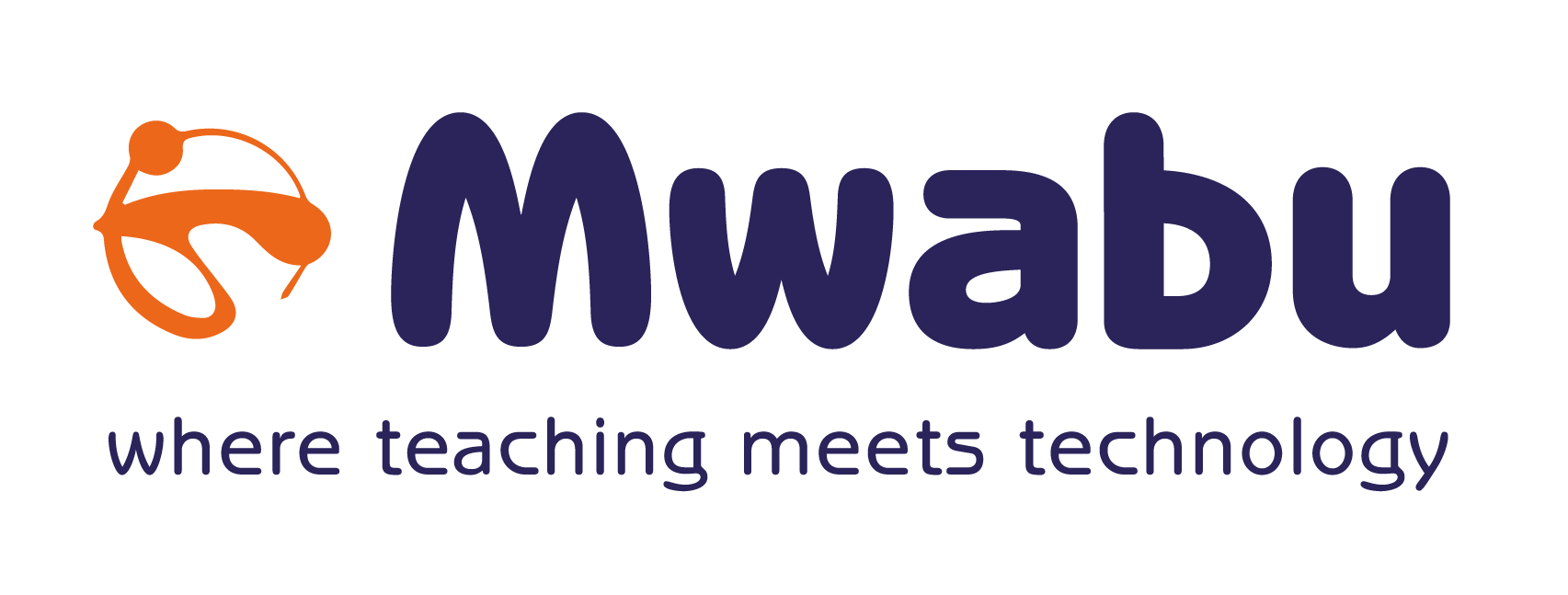The Mwabu project team recently carried out a field visit to Project Luangwa. Project Luangwa is based in Mfwue, just outside the South Luangwa National Park, Eastern Province, Zambia. Mwabu works in partnership with Project Luangwa to support their Digital Learning programme (DigiLearn), currently running in five primary schools (Chiwawatala, Uyoba, Mfuwe, Katapila, Kapita) in the area. Mwabu supplies projectors and tablets loaded with Mwabu Learn interactive e-learning content and lesson plans for teachers, carrying out product training and providing support for infrastructure and hardware set-up. Mwabu also provides micro servers to the schools to facilitate off-line learning and the collection of data, which is then analysed and presented in detailed reports to inform interventions to improve teaching and learning in the programme.
During the visit our team met at the Project Luangwa offices which houses a café, shop, and workshop, as well as the newly opened information centre. The team handed over a tablet loaded with iLearnAbout Conservation e-learning content, and a projector donated by the iAfrica Foundation.

At Mfuwe Primary School we observed a reading group session where grade 3 learners were working on activities to improve reading fluency and word identification in English. Code-switching between English and Nyanja was used to aid understanding.
It was so inspiring to see the variety of active learning methods utilised by the teachers and learner engagement levels were high. Teachers used a variety of resources including word cards, flipcharts and markers and the lessons were taught in a well-resourced library with colourful pictures of learner’s work on the walls. Teachers modelled questioning techniques which encouraged learners to participate and asked other learners to help when individual learners did not know the answers. Learners were seated in pairs or small groups and collaborative learning activities were actively taught.

The team also observed a grade 6 mathematics class where the teacher was using Mwabu tablets with a class of 78 learners. It was great to see the teacher engaged and enthusiastic and making effective use of Mwabu’s educational tools; moving around the classroom to teach, and using advanced level questioning techniques. The learners were engaged and keen to participate.

Finally, the team visited Uyoba Primary School where the Digitruck is located. The Digitruck is a repurposed container equipped with tablets loaded with Mwabu Learn interactive content, laptops, and a monitor to enable projection of content to the whole class. Learners have access to headphones to facilitate individual tablet-based learning.

We loved seeing the Mwabu Learn content being used in so many different settings and look forward to continuing our partnership with Project Luangwa!









